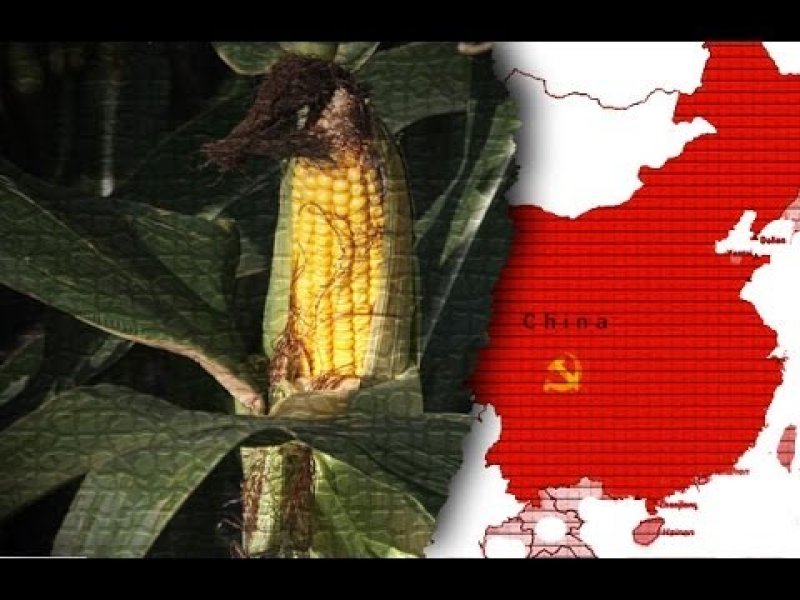China’s central government set a goal two years ago for commercializing genetically modified corn by the end of 2020, but it still has a major hurdle before companies are allowed to cultivate modified seeds: skeptical consumers.
The country has spent billions developing genetically modified crops during the past decade, including the $43 billion purchase of Syngenta AG in 2017 by state-owned China National Chemical Corporation, known as ChemChina, and those agritech companies are increasingly ready to get the approval needed to legally plant seeds in the ground.
…
As the European Union moves to suspend the use of GM corn, China’s agricultural ministry has been pumping funds into a media campaign during the past two years to convince skeptical consumers of the safety of genetically modified food products. But it could fall on deaf ears.
The Chinese public appears both concerned and confused about GM food products, so more effective public messaging campaigns are needed to sway them.
…
Currently, the only edible genetically modified crop allowed for commercial production in China is a variety of papaya. Trials of cultivation of GM corn, soybeans, canola, sugar beets, and cottons have been approved and imported GM soybeans also have been allowed for animal feed and for vegetable oil.
Read full, original article: China Sowing Seeds to Commercialize Genetically Modified Corn (Behind paywall)































